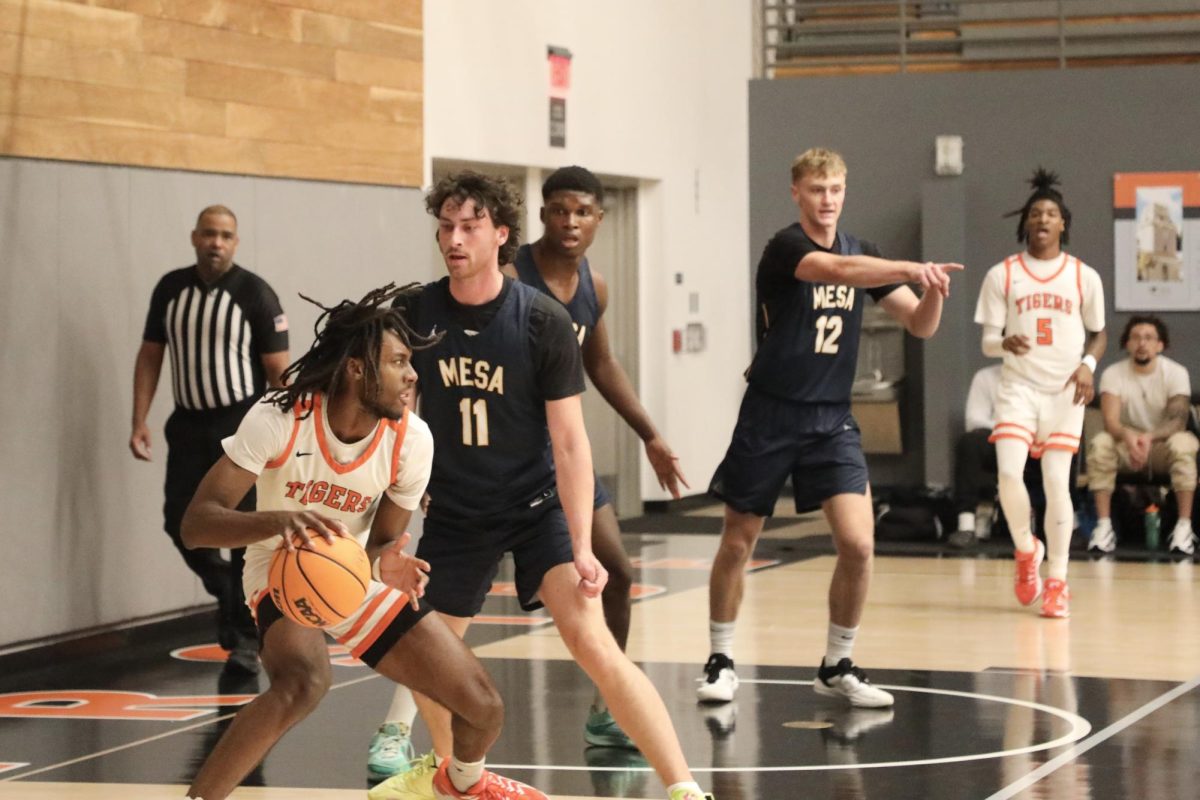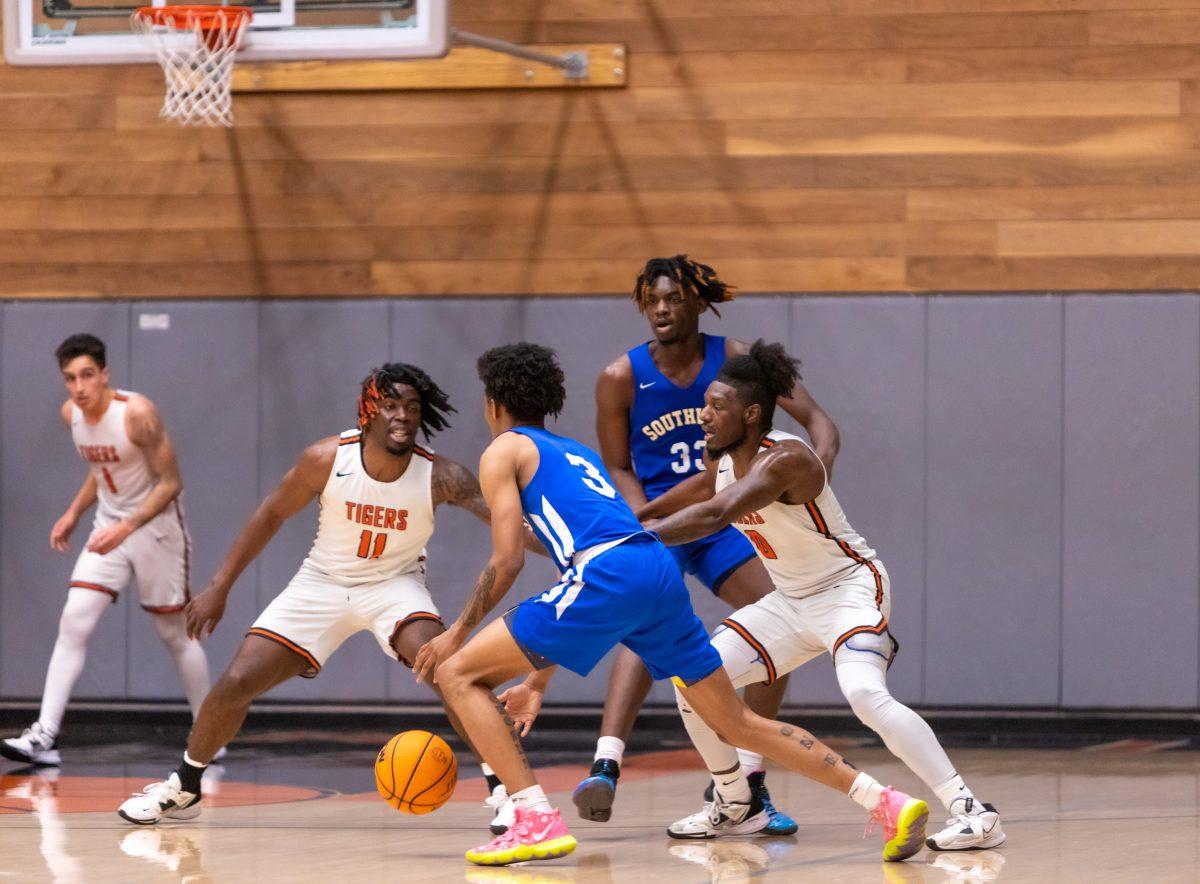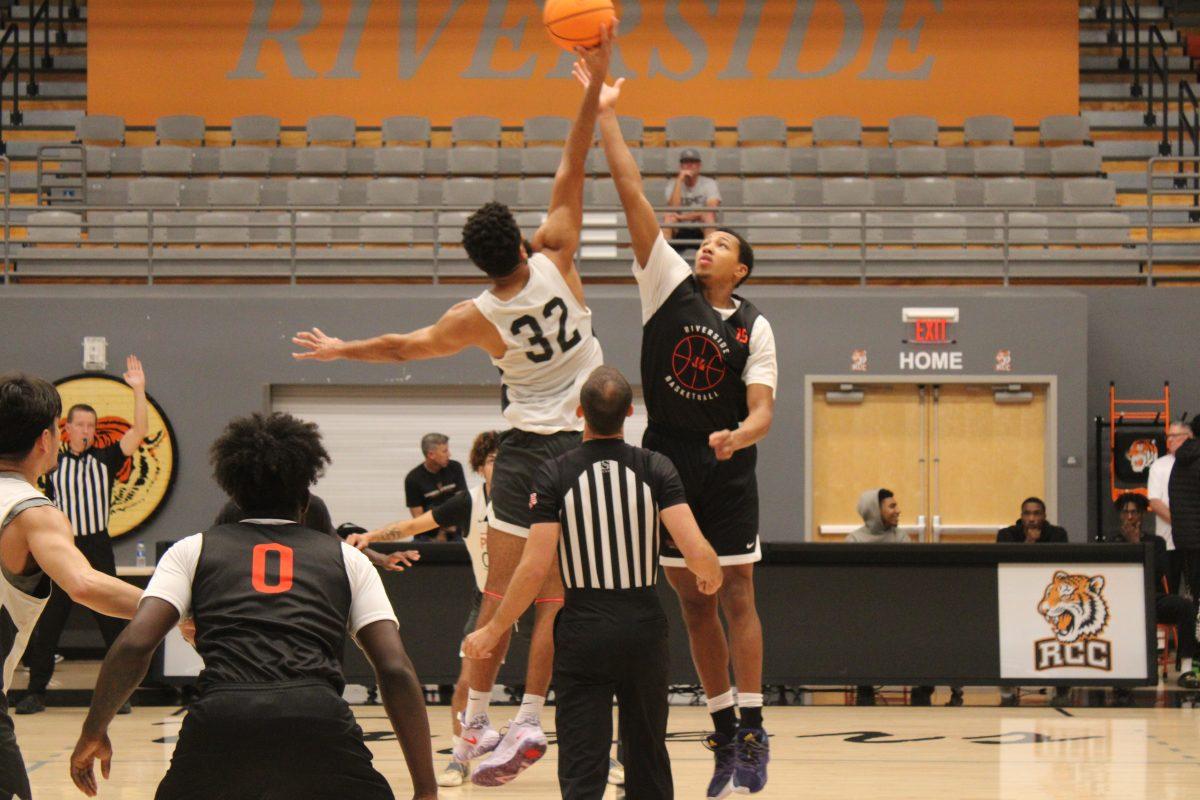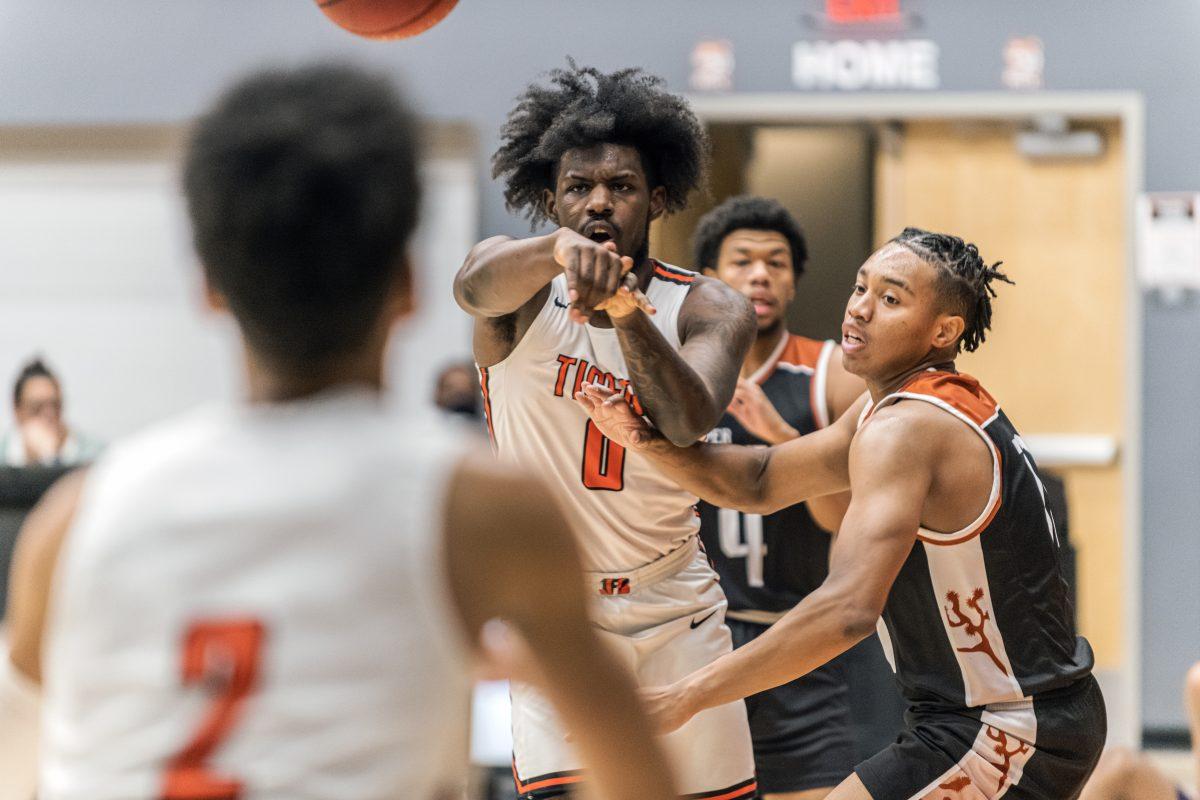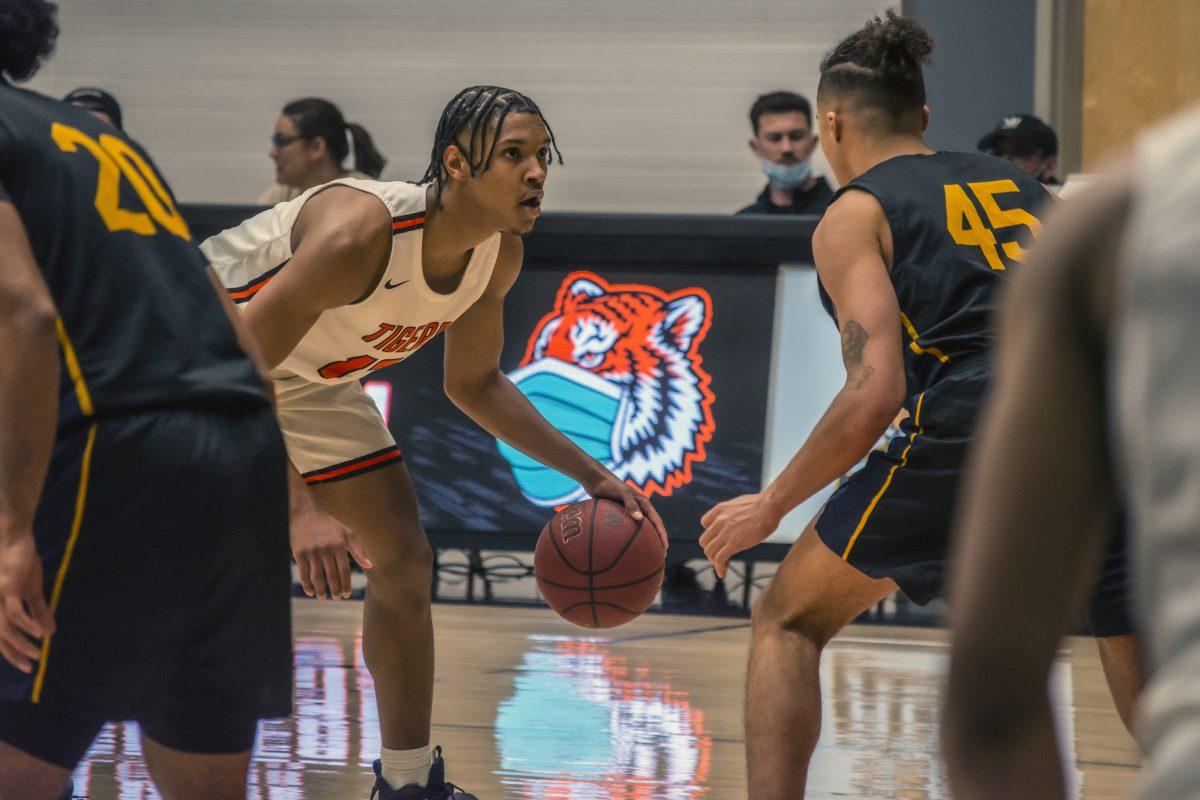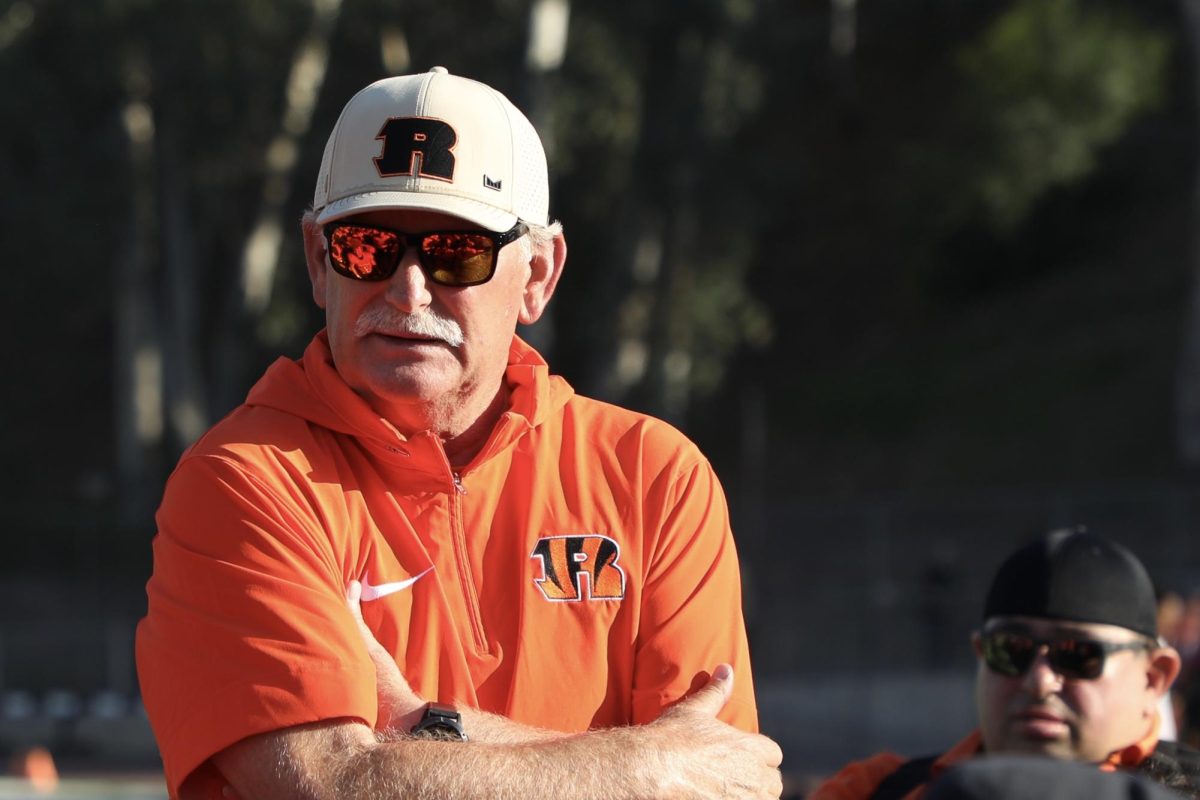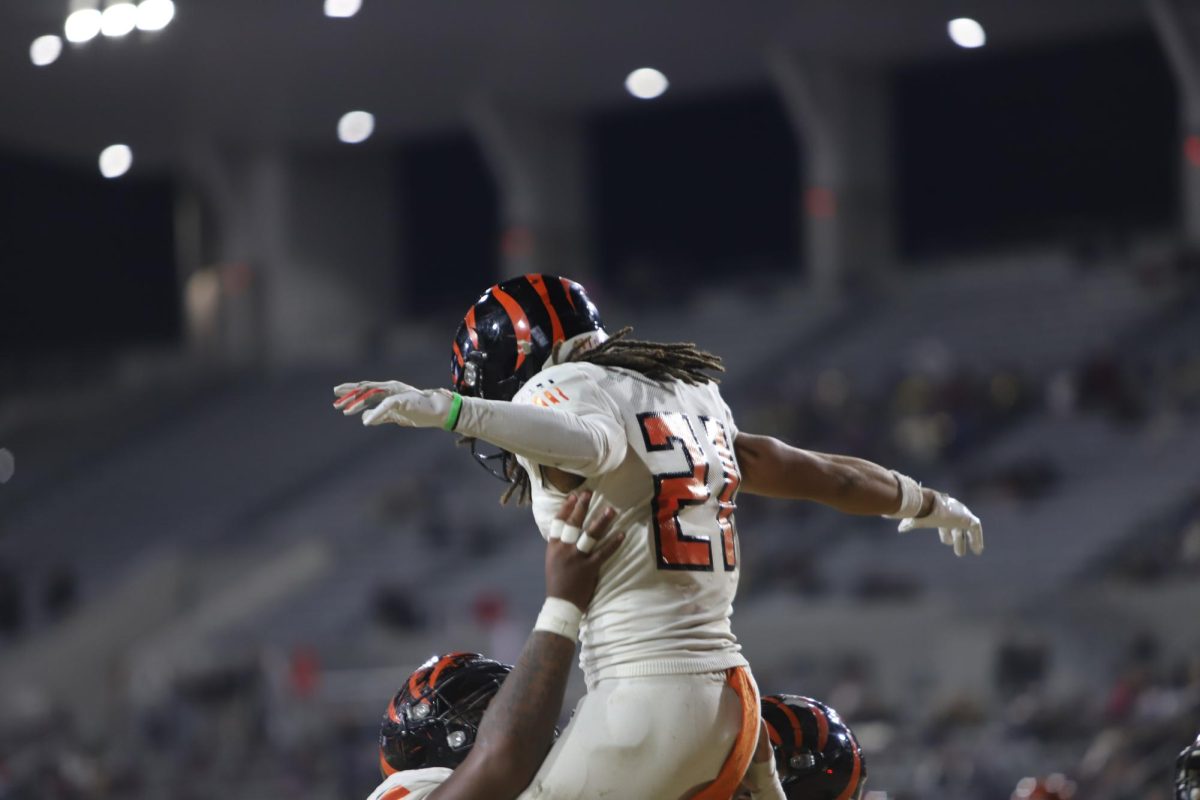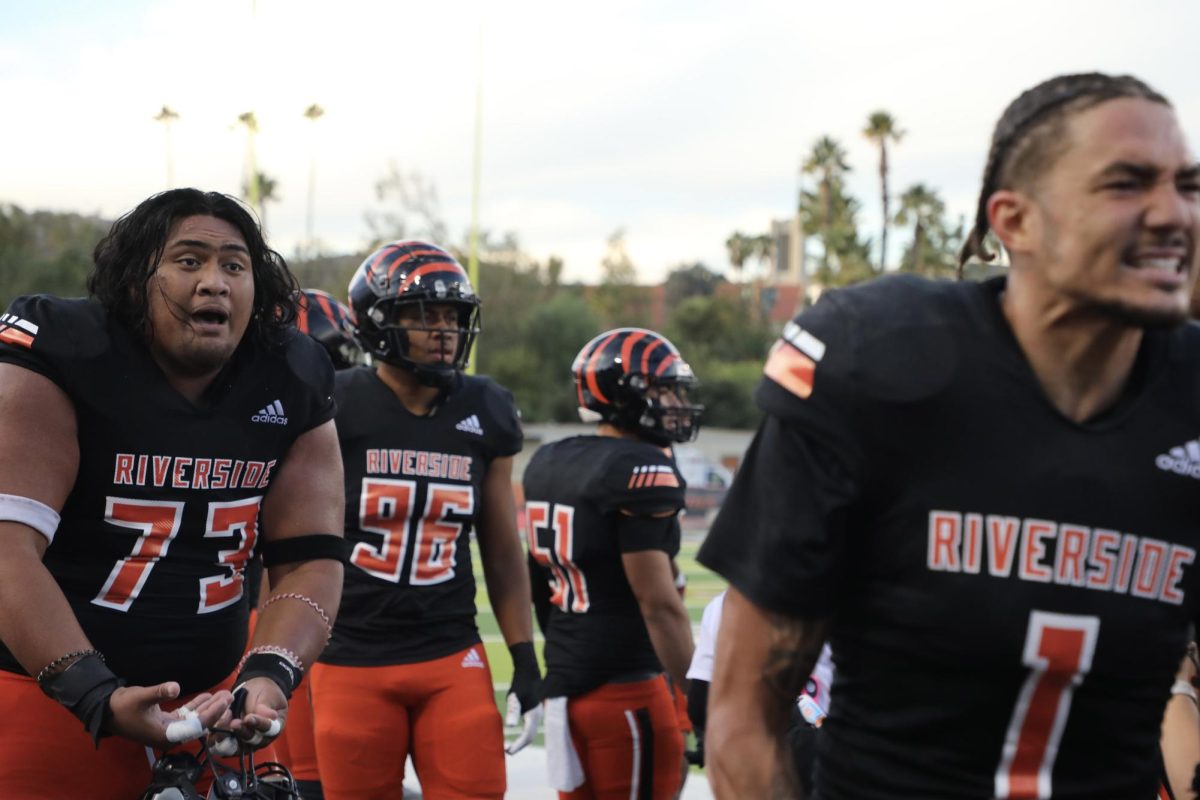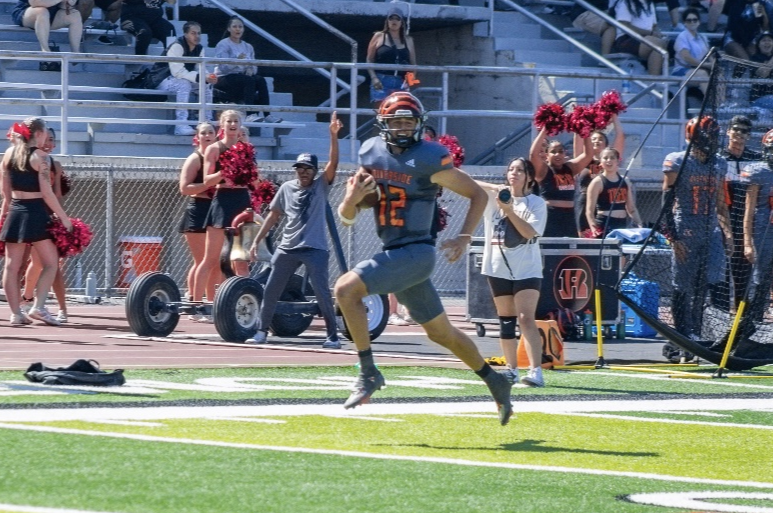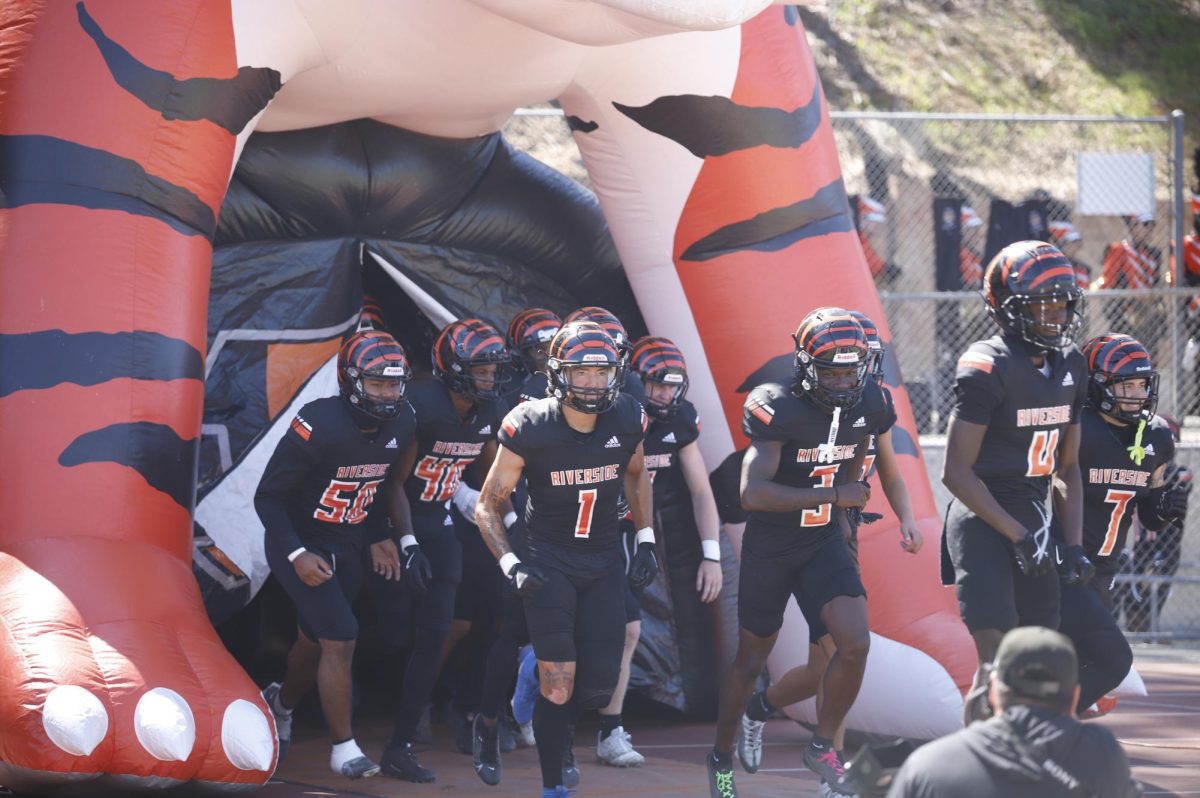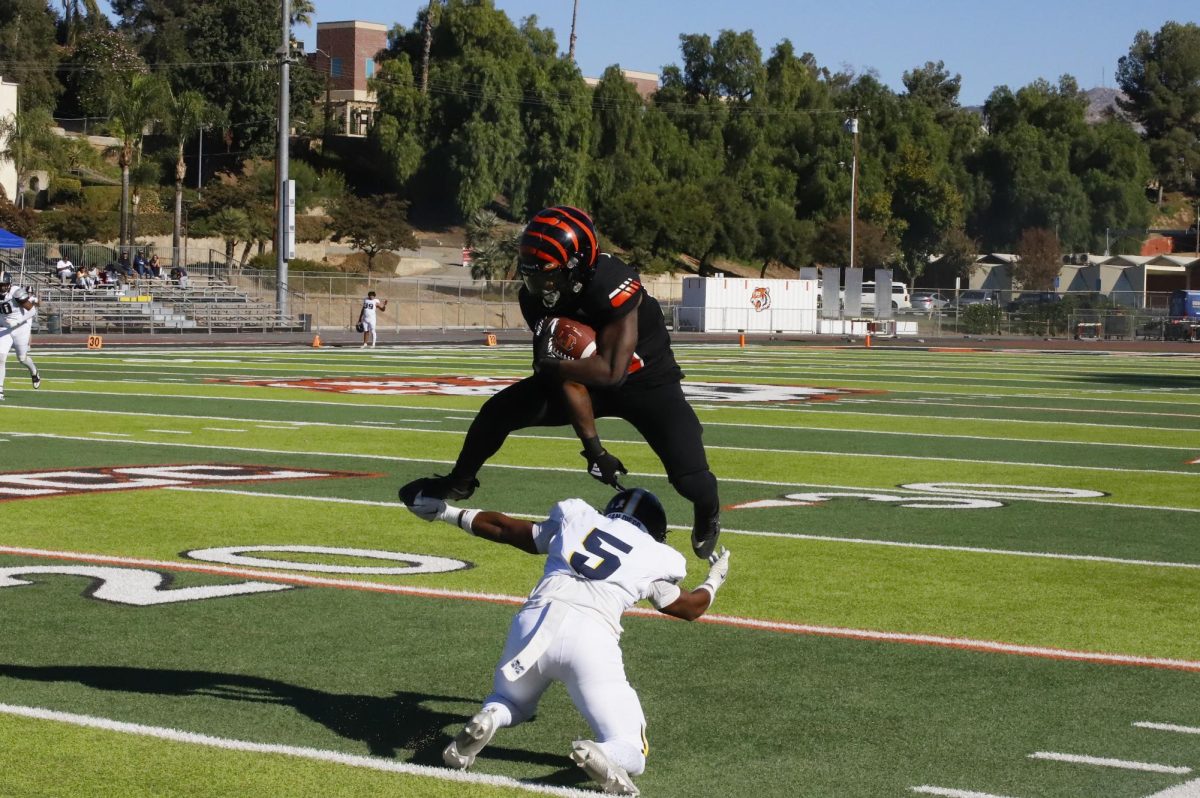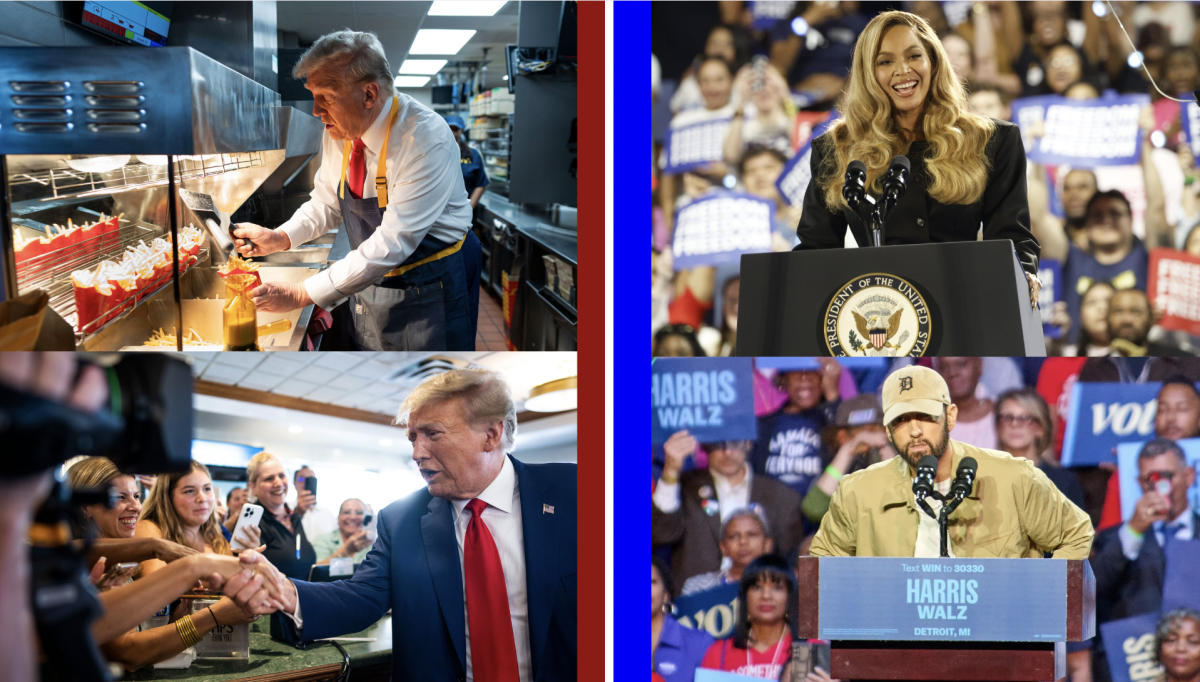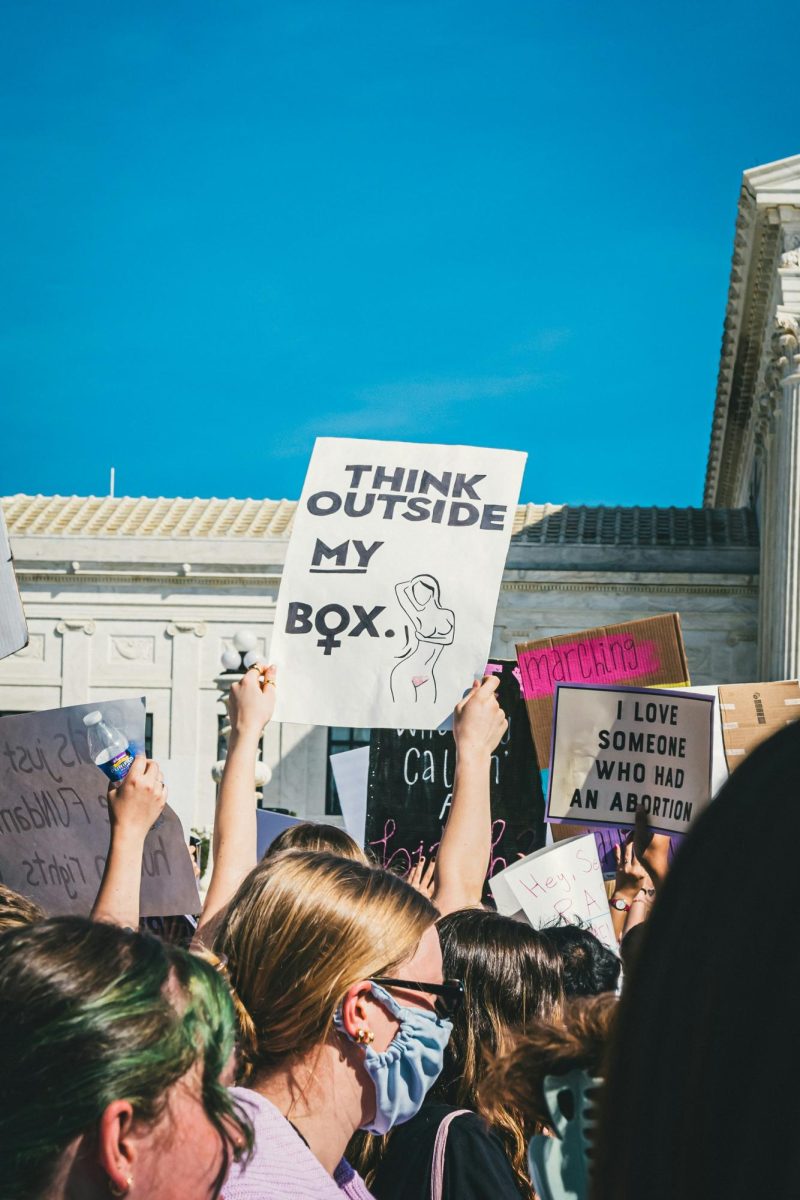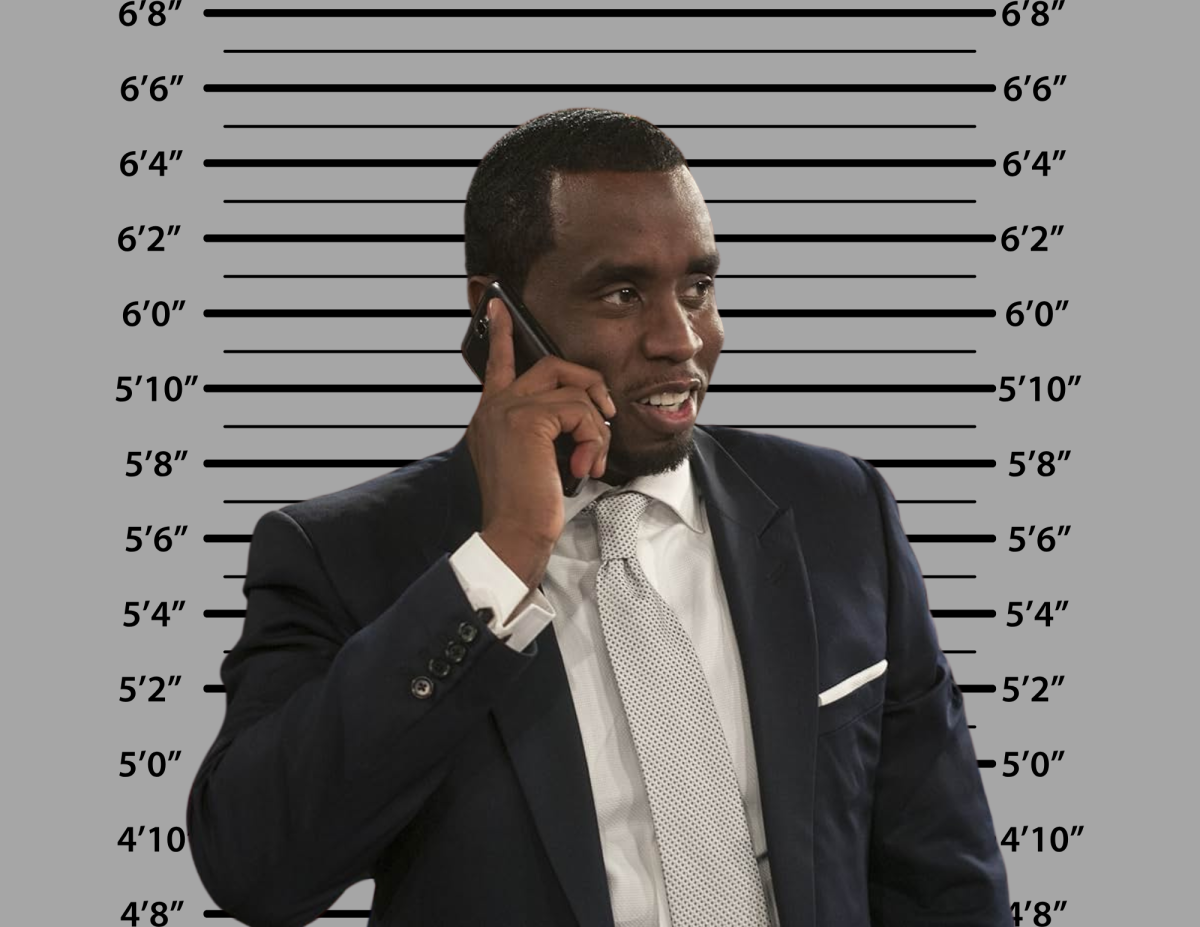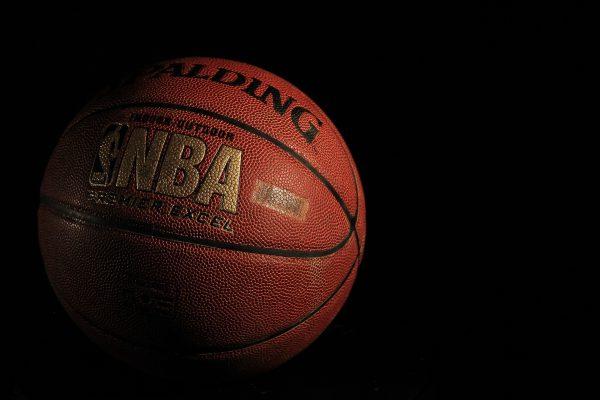
By Paul Quick
The NBA All-Star Game is an annual gathering of the league’s best players.
It typically comes during the mid-season break and, under normal circumstances, it is considered a high point of the season and a great honor to be selected to play in. During the age of COVID-19, however, nothing is normal.
Due to last season’s suspension of games and eventual late conclusion in the “Bubble” in Orlando, Florida, competition was shortened to 72 games from the usual 82. The NBA Players Association and league owners came to an agreement regarding conduct on and off the court of players, stadium employees and league officials. The initial agreement also included cancellation of the All-Star game.
However, somewhere along the way, the league’s owners, advertisers and broadcast partners decided that the All-Star game was too lucrative to give up on, despite the obvious heightened risk of infection to all parties involved in the production of the two-day showcase of the NBA’s brightest stars.
To put it mildly, some of the league’s best players were not pleased by this development. Perennial all-star and the league’s marquee player LeBron James called it “a slap in the face,” further stating that he would play if voted in but that his “soul would not be in it.”
Milwaukee Buck Giannis Antetokounmpo, Portland Trailblazer Carmelo Anthony and Los Angeles Clipper Kawhi Leonard also stated their objections. The players understood that the league was putting revenue ahead of the potential risk to their health.
“Just putting money over health right now, pretty much,” Leonard was quoted as saying in the Los Angeles Times.
Indeed, money seemed to be the primary motivation for the league’s push to hold the event. Because of attendance restrictions in the arenas, it’s estimated that league revenue is down almost 40%. The event also generates additional revenue from advertisers and additional network coverage.
For example, last year’s All-Star Game generated approximately $15 million for TNT, one of the NBA’s primary network partners. Advertisers pay as much as $70,000 per slot to air their commercials during the game.
The perceived money grab by the NBA made light of the league’s efforts to create the perception that its primary concern is the health of its players. The league has postponed 20 games this year due to COVID-19 outbreaks. Resultantly, a number of players questioned if holding a game which amounts to a mere exhibition was worth the risk.
In an attempt to make the idea more appealing to its players, who are overwhelmingly Black, the league committed to donating a portion of the proceeds to Historically Black Colleges and Universities. Despite this effort to paint the game in a good light, several players were not swayed.
Kevin Durant, another of the leagues top players, responded with his displeasure in no uncertain terms, tweeting “your fans aren’t dumb … You can’t fool them with your wack a– PR tactics … #FREE7” at the NBA. The “7” is a reference to his jersey number.
Despite the criticism, the league insisted that the health and safety of everyone involved in the event was the primary emphasis of its discussion with the Players Association. But concerns about the potential health implications of the event went beyond the league’s players.
Atlanta Mayor Keisha Lance Bottoms expressed her concerns to league officials and discouraged fans from traveling to Atlanta to “party” during the weekend the event was held. Unfortunately, it appeared that many of Atlanta’s party promoters, motivated by the same monetary opportunism as the NBA, did not heed her plea.

